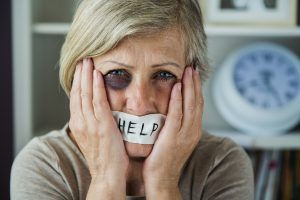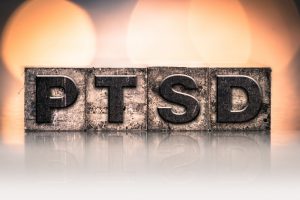Physical and psychological trauma, when left untreated, can have devastating effects on a person. 
Emotional and psychological trauma is the result of living through stressful events that can shatter one’s sense of security – they can involve threats to life or safety, 
Symptoms of PTSD can begin immediately after the trauma, but for some people, symptoms arise much later. 
While physicals symptoms of PTSD include insomnia or nightmares, which can lead to extreme fatigue, people have also experienced edginess, feeling easily startled, a racing heartbeat, as well as muscle tension or aches and pains. Some typical emotional and psychological reactions to trauma can include:
- Feeling numb or disconnected
- Confusion and/or difficulty concentrating
- Shock, disbelief and denial
- Guilt, shame, or self-blame
- Withdrawing from others
- Anxiety or fear of everyday life
- Feelings of extreme sadness or hopelessness
- Anger, irritability or mood swings
Trauma and PTSD can feel crippling at times, but there are treatment options available; it’s important to also incorporate regular exercise and self-care. Trauma can disrupt the natural balance of the mind and body, trapping it in a fight or flight state, it can be beneficial to burn off the excess adrenaline with regular exercise, which will in turn release endorphins and contribute to a sense of well-being. Mindful, rhythmic exercise is best: martial arts, weight training, swimming, running, or even dancing. Maintaining relationships and avoid isolation can also be helpful – join a support group, volunteer, or just participate in social activities. It’s not necessary to discuss the trauma, simply to feel accepted by others, or to have a support system.
Therapy can help resolve long-term issues with techniques such as somatic experiencing, cognitive-behavioural therapy, exposure therapy or eye movement desensitization and reprocessing (EMDR).
Residential Programs like Valiant Behavioral Health, are safe places to work through traumatic events that have occurred in our lives, to process them and gain resolve.
Call Today to speak with one of our Staff 1-855-795-7380
Learn how to pay for residential mental health treatment
Learn How a Mental Health Conditions are treated in our residential program
Learn How to contact a mental health intake worker to ask questions about treatment
Learn how our mental health program has helped others, Read Reviews
Learn How to Apply to our Ottawa Ontario Rural Residential Mental health Program


